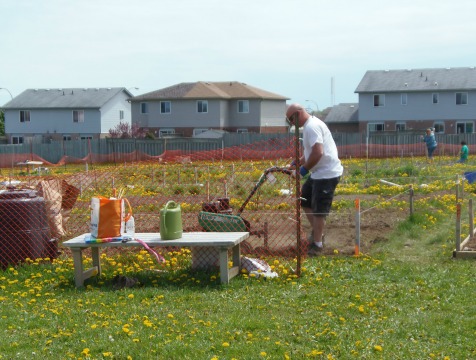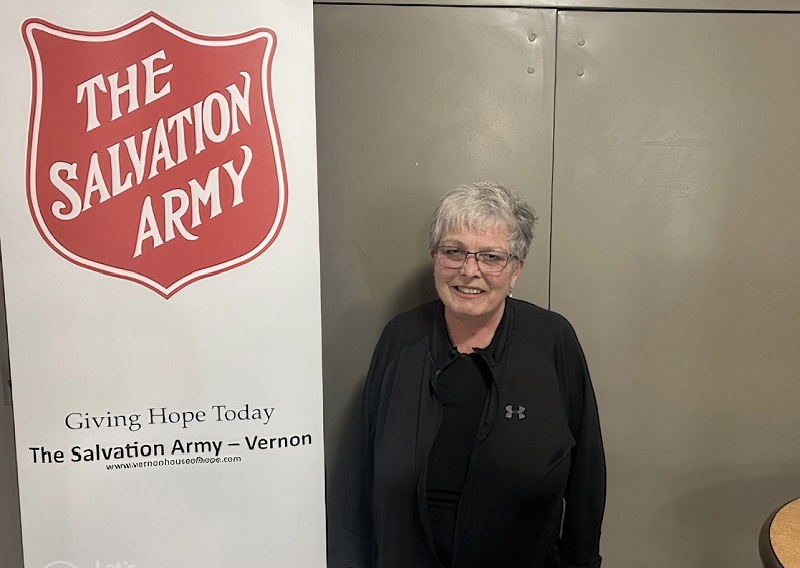An Acre of Hope

Now that the gardening season is upon us, Salvation Army community gardens are appearing across the country.
“There’s nothing that compares to growing your own food and donating what you can’t use to hungry people in your community,” says Michelle, who participates in The Salvation Army’s Community Garden project in Kitchener, Ont.
On more than an acre of land, adjacent to The Salvation Army’s Community Church, 100 plots are independently maintained by individuals and community organizations. Many don’t have access to green space at their homes or facilities.
“Living in a townhouse, I had a very small patio and wanted to grow food on a larger scale,” continues Michelle. “Through workshops and learning from other gardeners I gained confidence to claim back ownership over my food production. Now that I have a bigger yard I continue to grow my own food.”
According to AeroGrow, growing your own fruits and vegetables allows you to combat commercial agriculture’s assault on the nutrient value of your food. All fruits and vegetables steadily lose vitamins while in storage.
Furthermore, with the increased costs in food, community gardens are an important resource for families to gain access to affordable healthy food and to learn about gardening.
“The community garden has been a wonderful and healthy experience for my family,” says participant, Wanda. “My four children have pulled weeds and planted seeds. It is wonderful to watch the excitement on their faces when they see their first baby tomato. The best part is I know exactly what is put on these vegetables—nothing but fresh water and sunshine!”
More than food
The benefits of community gardening are invaluable. Friendships are developed, seniors share their knowledge with first-time gardeners who need the advice of someone with a green thumb, new Canadians find a sense of belonging when they plant seeds from their own country and share the produce with other gardeners.
But not all benefits are apparent at first glance.
“I suffer with Bipolar disorder,” says Harriet, Garden Coordinator at The Salvation Army in Kitchener. “Growing plants, being active outdoors, spending time with others in a safe, supportive environment has reduced stress and broken down stigma and barriers. It has given me new life and hope.”
From Chatham, Ont., to Swift Current, Sask., to Penticton, B.C, Salvation Army community gardens are empowering families and neighbourhoods.
“Nothing compares to the juicy flavour of a tomato picked fresh off the vine,” says Harriet. “Or the sense of pride that comes with knowing you grew that whole salad yourself. It’s no wonder that community gardens are popping up everywhere.”



